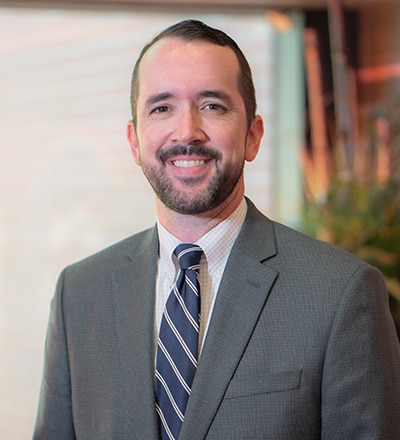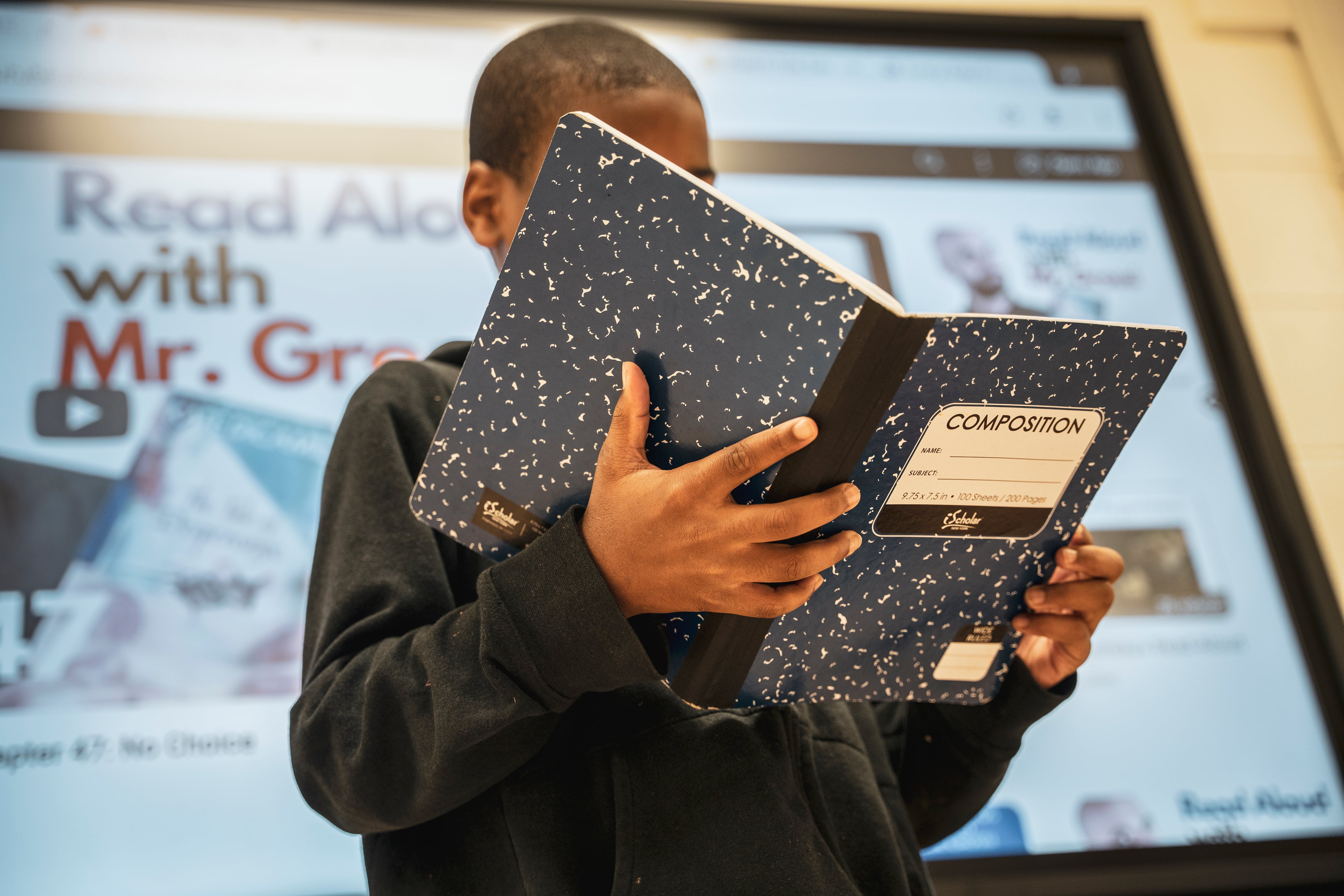Sign up for Chalkbeat Tennessee’s free daily newsletter to keep up with Memphis-Shelby County Schools and statewide education policy.
Superintendent Marie Feagins is embracing a “back to basics” approach to reading instruction as Memphis-Shelby County Schools seeks to improve student test results that rank near the bottom statewide and nationally.
The foundation of Feagins’ literacy plan is high-quality curriculum and consistent daily instruction focused on phonics, vocabulary, and comprehension, plus giving students more opportunities to engage with texts.
“It just means that we’re getting back to fundamentals when we talk about teaching and learning in our schools and our classrooms,” Jared Myracle, the district’s new executive director over literacy, told school board members Tuesday during a work session.
The strategy isn’t a departure from the district’s embrace in recent years of the movement known as the “science of reading.” That approach, which is grounded in an explicit, systematic teaching of phonics, puts more emphasis on sounding out words.
But with 78% of students in Tennessee’s largest school system scoring below proficiency on state tests for English language arts in 2023-24, district leaders say, there’s an urgent need to intensify literacy work for its 106,000 students.
“To put it very simply, we’re talking about ensuring our students are able to decode or break down what words say, and then when they put them back together, to actually understand what they’re reading,” Myracle said.
Feagins declared that “literacy is the foundation of all learning” when she hired Myracle in June for a cabinet-level position focused exclusively on that need. A 20-year educator, Myracle most recently served as chief academic officer of Jackson-Madison County Schools, also in West Tennessee.
In his first report to school board members on what he’s doing to improve literacy, Myracle said a key element of this year’s professional development sessions for educators has been to place more responsibility with students, so that “the brain doing the work is the brain doing the learning,” as opposed to students passively listening to a teacher standing in front of the class.
“We’re asking teachers to begin every class with a literacy-based focusing activity so that students have consistent opportunities to practice building those muscles day in, day out. They also end their class with a literacy-based closing activity,” Myracle said of the reading, writing, or speaking exercises.
With just a few minutes of such activities at the start and end of every class, he said, “students have over 1,500 additional opportunities in a school year to exercise those muscles. And that’s the type of repetition that adds up.”
Myracle acknowledged that reading comprehension is challenging in Memphis, where a high concentration of students live in poverty and aren’t exposed to many enriching experiences outside of school.
According to the state report card, 55% of students are considered economically disadvantaged in Memphis-Shelby County Schools.

“It’s not that students who come from low-income families can’t read, or can’t learn to read,” Myracle said. “It’s just that they oftentimes have knowledge deficits that take longer to fill than their more highly advantaged peers.”
The district has shared literacy “toolkits” with parents, supplementing the tens of thousands of books given away annually by Literacy Mid-South, as well as assistance from numerous other nonprofit partners.
“It’s very important, and it accelerates students’ learning, if they read on the same topic multiple times,” Myracle said.
Memphis students have long trailed the rest of the state on state and national reading assessments, prompting numerous initiatives through the years. This spring, the district improved to a 22.4% proficiency rate after logging post-pandemic lows on the Tennessee Comprehensive Assessment Program, still significantly behind the statewide proficiency rate of 39%.
But school board members were encouraged by Tuesday’s presentation.
“This is good stuff,” Stephanie Love told Myracle, before asking him about the major differences between the district’s work now and last year.
He cited a bigger focus on using materials adopted for English language arts classes and stepping up daily literacy instruction. It’s also important to give the plan adequate time and support to work.
“Sometimes we get distracted in education by bright and shiny objects and we want to chase other initiatives that aren’t at that instructional core,” Myracle said.
“The commitment that we’re making is that we’re going to stay focused on these things at the middle of the instructional core to improve achievement and to improve the literacy rates of our students.”
Marta Aldrich is a senior correspondent and covers the statehouse for Chalkbeat Tennessee. Contact her at maldrich@chalkbeat.org.






